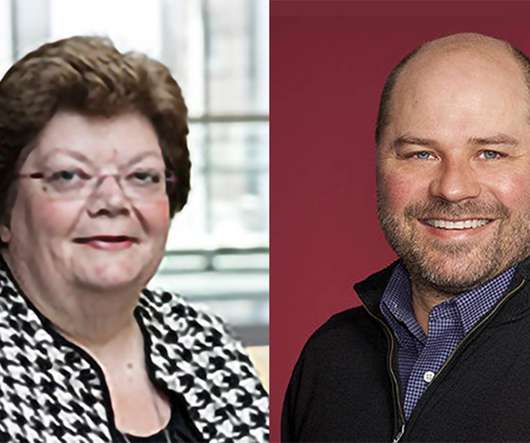Rethinking Opioid Conversions: Mary Lynn McPherson and Drew Rosielle
GeriPal
MAY 19, 2022
A patient is on morphine and you want to convert it to another opioid like hydromorphone (dilaudid). Dr. Akhila Reddy and colleagues study looking at converting hospitalized cancer patients from IV hydromorphone to PO morphine, PO hydromorphone, or PO oxycodone. Step four is adjusting it for your patient. How do you do that?

















Let's personalize your content